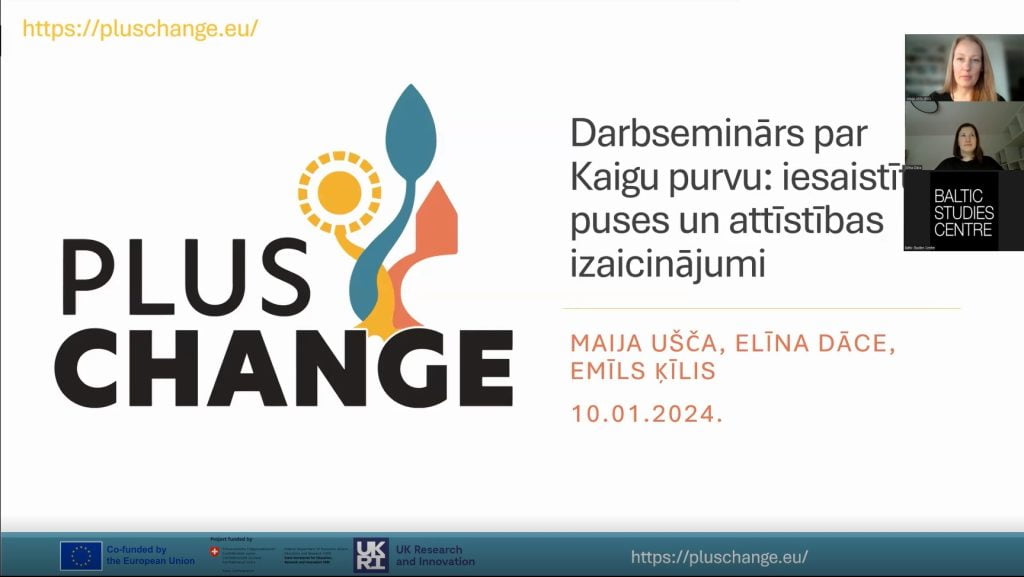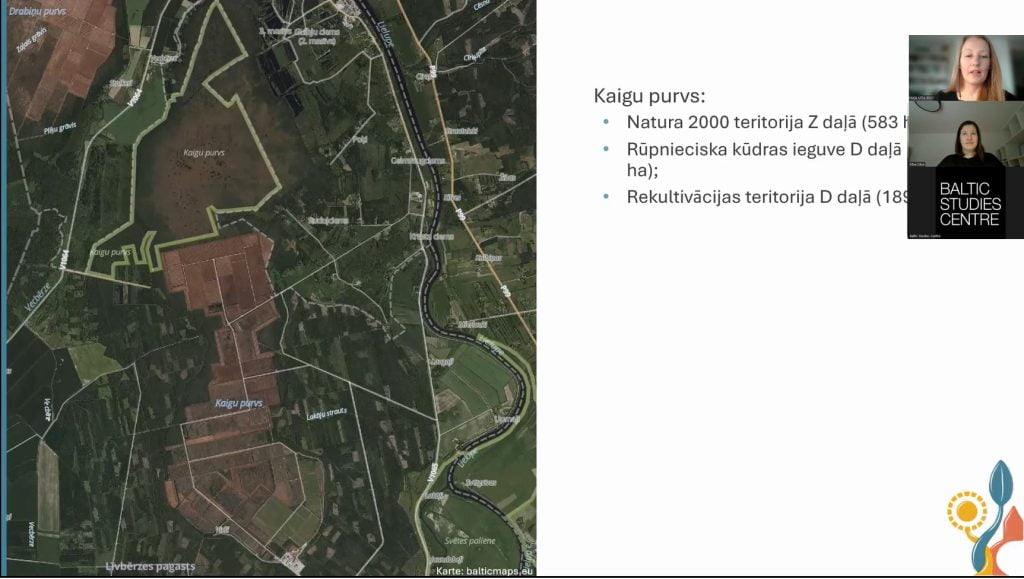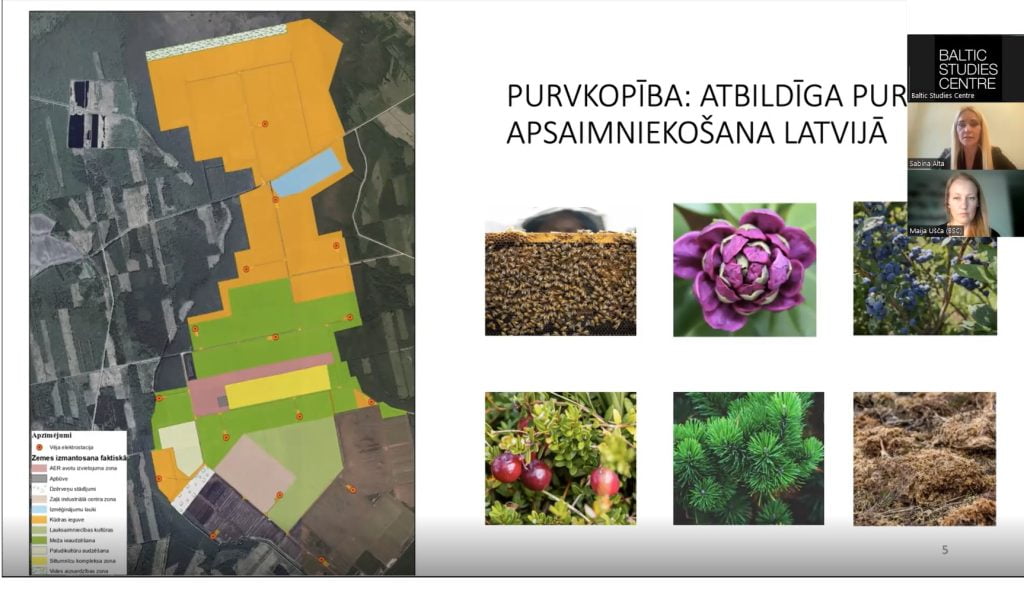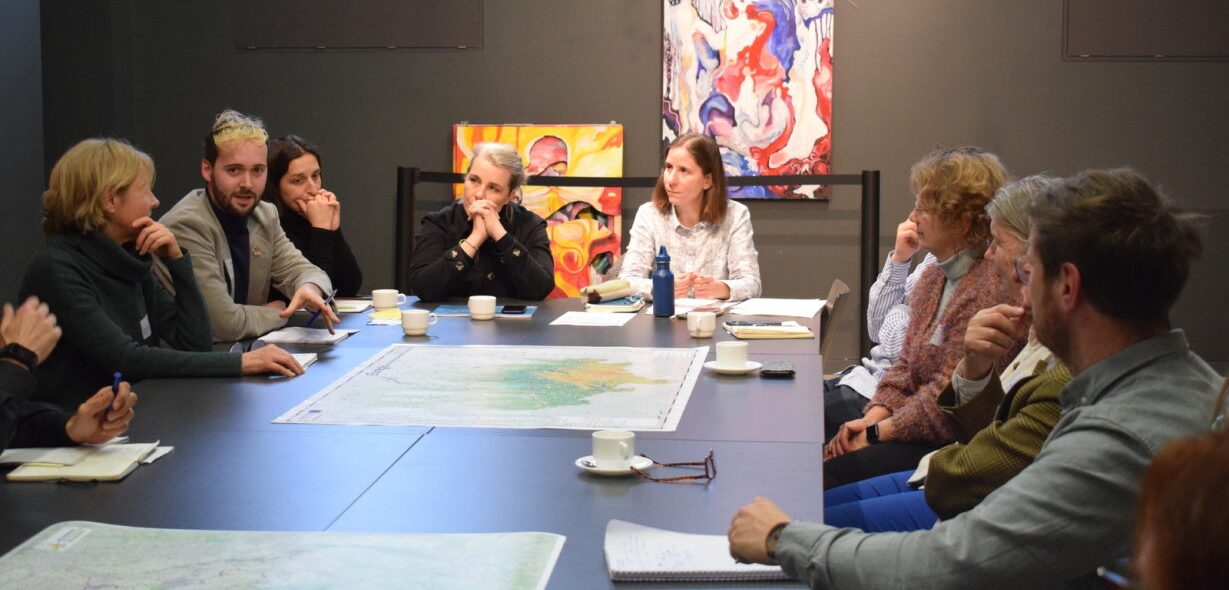
Workshop 1 launches in Practice Cases
The PLUS Change workshops have begun in our Practice Cases, starting with Three-Countries Park and Kaigu Peatland. This first round of workshops brings together relevant stakeholders to introduce the project and start discussions on key land use challenges in each of the Practice Case areas.
Over the course of the project, eight multi-actor, participatory workshops will be held in each of the Practice Cases. Tailored to the specific contexts of the different areas, these workshops are geared towards facilitating an ongoing process of transdisciplinary co-creation with stakeholders. In alignment with the project’s workplan and trajectory, the workshops are designed to enable a collaborative approach to conducting research. This allows us to engage with various actors in designing research questions, generating data, sharing knowledge and experiences, and validating findings.
While the content of the workshops is adapted to each Practice Case, a focus of Workshop 1 is to further identify and catalogue stakeholders to be considered in our analyses of core land use challenges. We will also include these identified stakeholders in future PLUS Change activities, with an overarching goal being to ensure that as many voices as possible are heard throughout the project.
Following Workshop 1, we will hold workshops covering topics related to historical and future land use change, understanding behaviour change, policy simulations, piloting interventions of change, creating roadmaps for implementation, and developing planning toolkits.
So far, Workshop 1 has been conducted in four Practice Cases: Three-Countries Park, Kaigu Peatland, Nitra City and South Moravia. Check out the recaps of Three-Countries Park and Kaigu Peatland below, and we look forward to sharing more key takeaways with you in the coming weeks!
Three-Countries Park
In mid-December, Three-Countries Park conducted Workshop 1, integrated into the park’s bi-annual Forum. Attendees included local and regional authorities, municipal representatives, nature park representatives, NGOs active in the fields of nature/landscape, water boards, environmental education organisations, and SMEs (including landscape architects and farmers).
A specific focus was placed on implementing nature-based solutions (NbS) for water management and climate resilient landscapes. When establishing cross-cutting NbS in areas such as Three-Countries Park, local authorities are limited in what they can implement on their own, given that land is not only a mix of public and privately owned property, but also shared between five different partner regions spread across three countries. Successful solutions thus require extensive cooperation between the different governing bodies and private landowners, and a strong, cross-border plan for implementation.
There are multiple foreseeable challenges that may arise with designing an Action Plan for climate-resilient land use, in addition to the complexity of having multiple governing bodies in this cross-border landscape area. One identified challenge will be getting farmers and other landowners on board with new land use policies and the NbS approach. This necessitates an approach to land use policy that emphasises building trust between actors and explicitly recognises local knowledge and values.
Participants further discussed the need to foster a new mindset that emphasises a ‘culture of the commons,’ in which the needs of the community should gain more importance in relation to individual interests. Reaching stakeholder groups beyond the “nature-water-landscape-planning circle” will also be an ongoing process, requiring creative narratives to evoke different motivations.
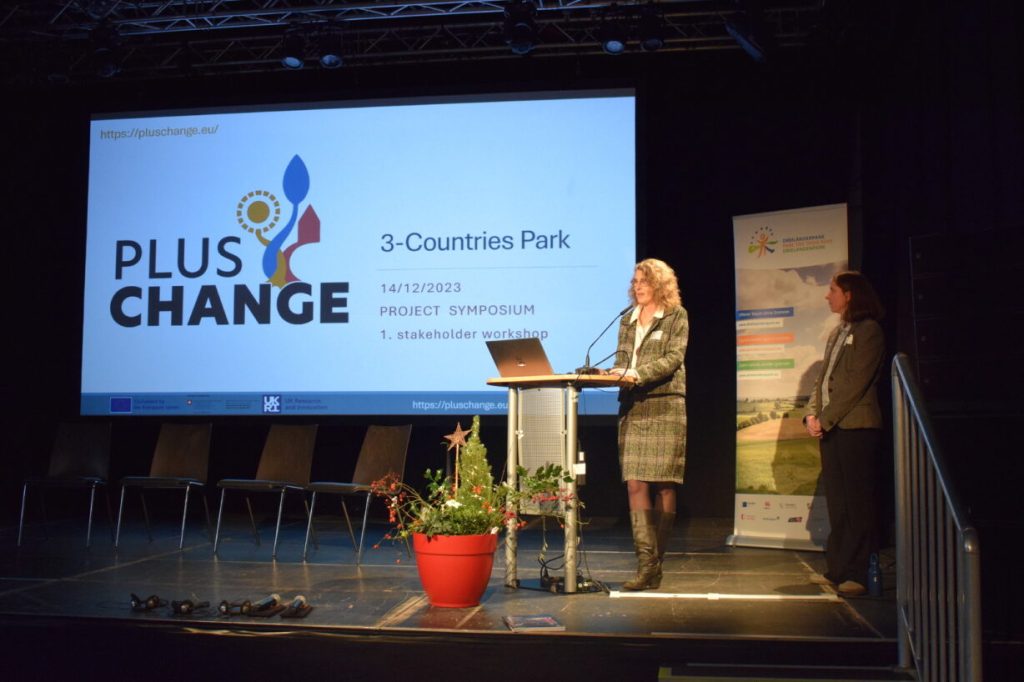
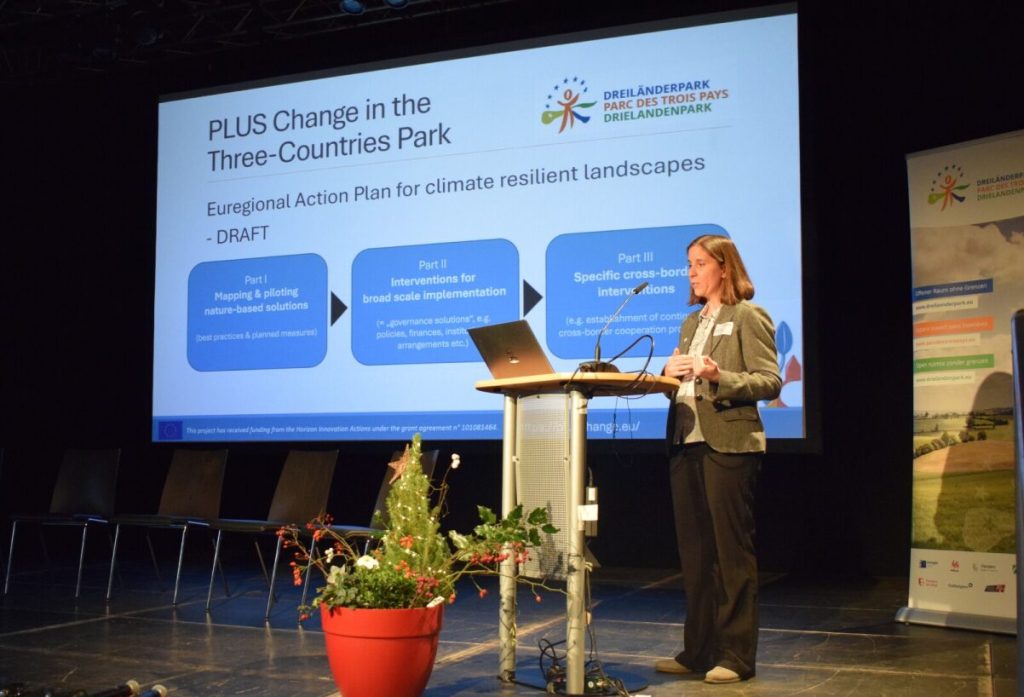
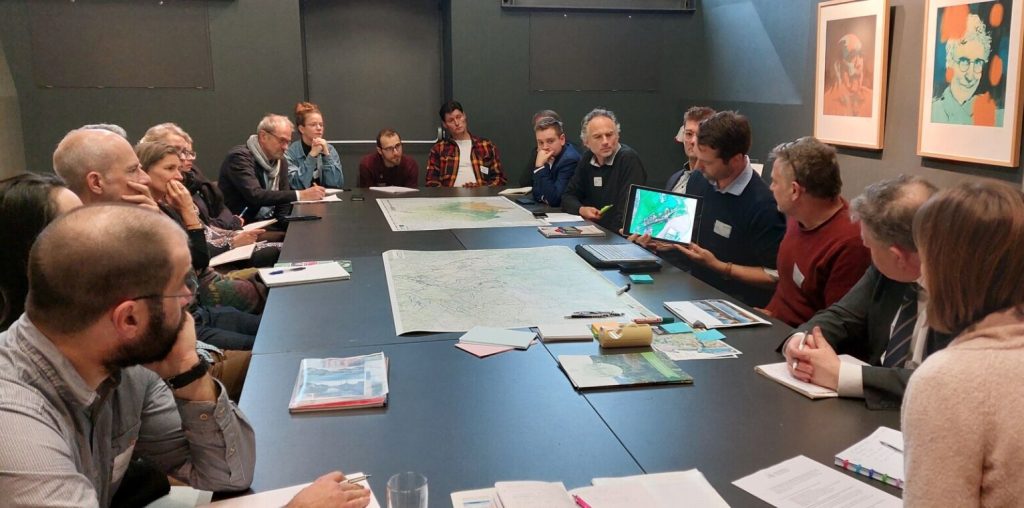
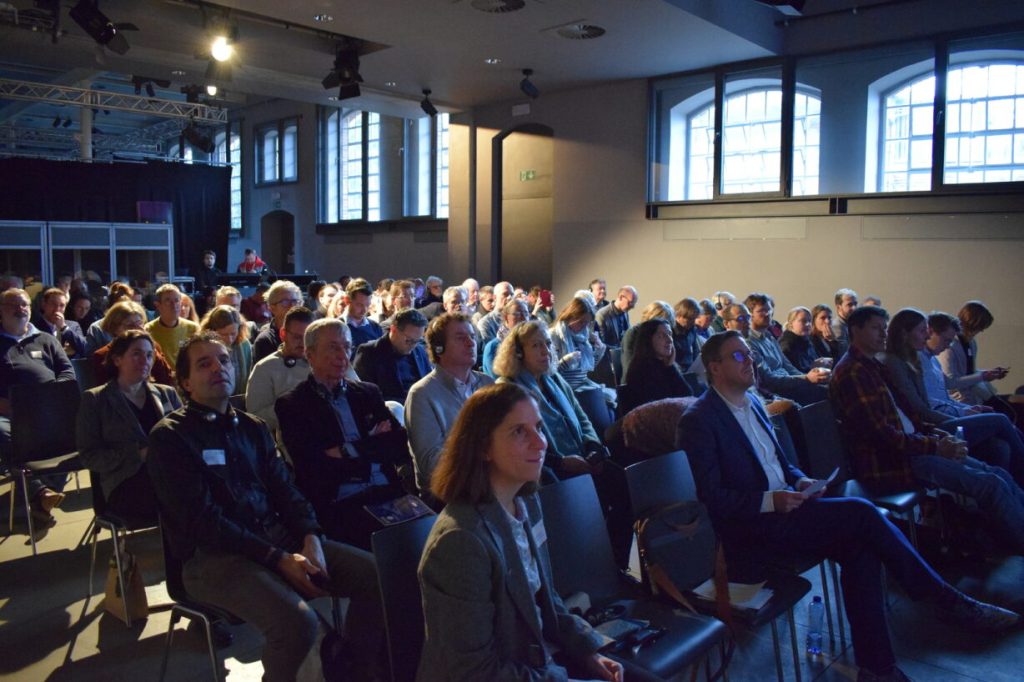
Kaigu Peatland
On January 10th, Kaigu Peatland held their first workshop (online, due to winter weather conditions), led by the Baltic Studies Centre. Participants represented local governance, commercial peatland enterprises, researchers, and NGOs.
During the discussions, several land use challenges were recognised, including the pressing question of how to sustain the economic benefits of peat extraction while also aligning with objectives for biodiversity and climate sustainability. Participants also discussed the need for a national legislative framework for evaluating carbon emission portfolios, and the economic and environmental sustainability of different recultivation and re-naturalisation measures.
For future workshops and PLUS Change activities, additional key stakeholder groups were identified, including regional-level and national-level decision makers, landowners, local communities members, and media representatives.
